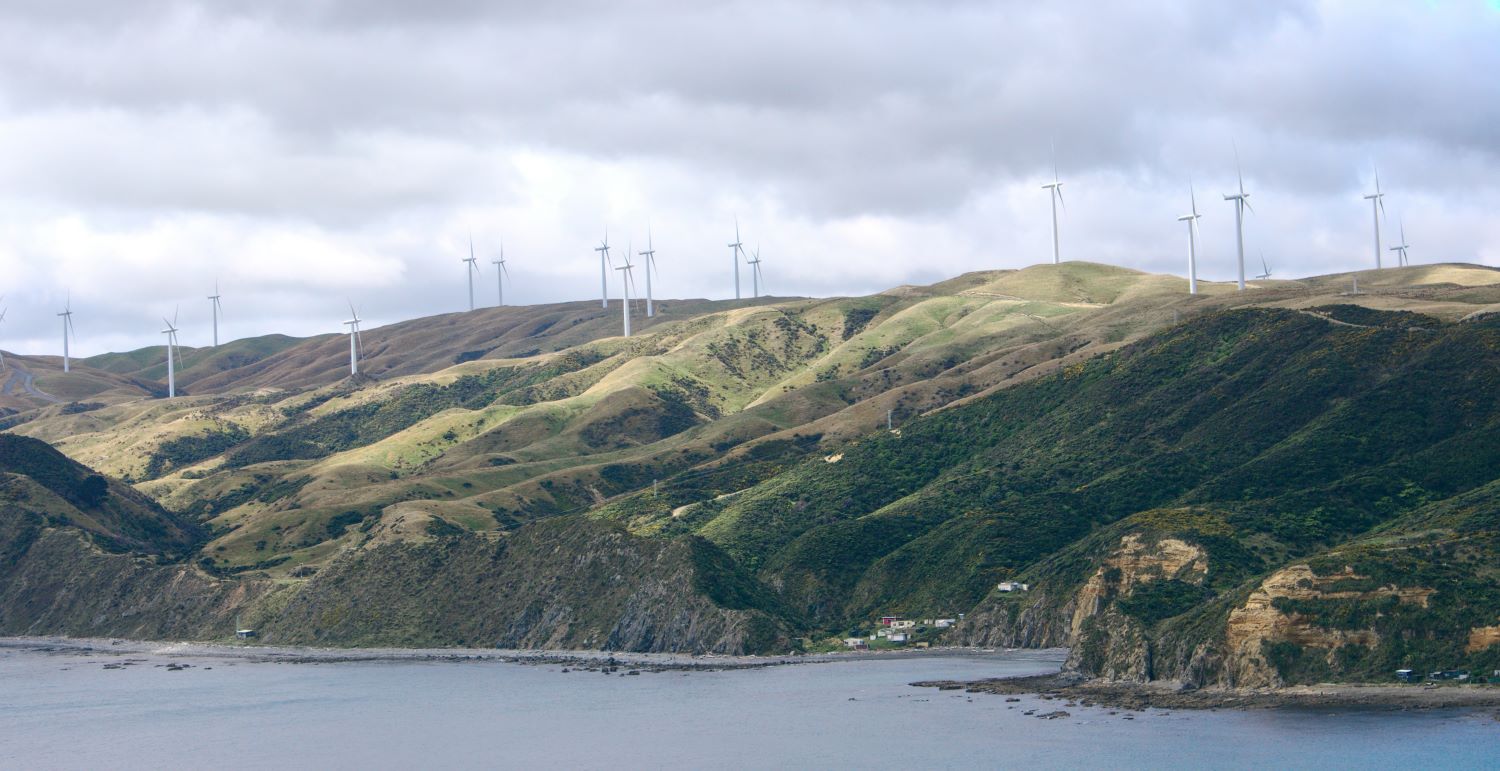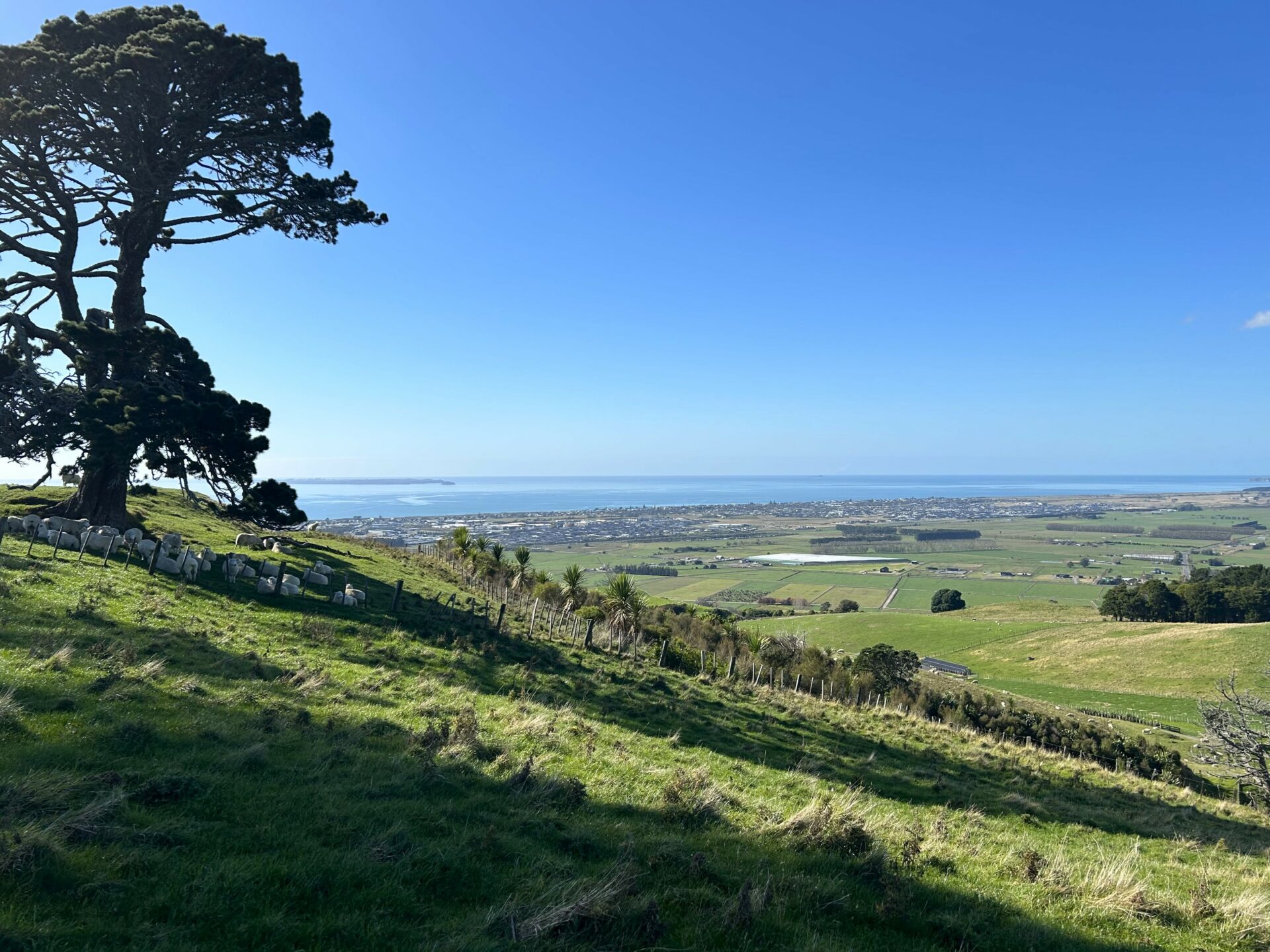The Government intends to introduce its second RMA amendment bill and a suite of changes to national direction to “drive economic growth and productivity”, RMA Reform Minister Chris Bishop says.
Following the first RMA amendment Bill introduced to Parliament earlier this year, the next stage of the Government’s RMA reform, prior to full replacement, is aimed to be achieved by a second RMA amendment bill (RM Bill 2) and a suite of national policy changes through introduction of a ‘national direction package’.
The intention is for the RM Bill 2 to be introduced to Parliament before the end of this year, and then passed into law by mid-2025. The national direction package will follow the same timeline and this bill.
The Government has divided the RM Bill 2 and the national direction package into four categories: infrastructure and energy, housing, farming and the primary sector, and emergencies and natural hazards. The reforms proposed under each topic are as follows:
Infrastructure and Energy
- Improved delivery of renewable energy development by giving effect to National’s Electrify NZ. The Electrify NZ policy can be found here, which intends to “cut red tape to drive investment in renewable electricity generation.”
- A new NPS for Infrastructure which intends to ensure that resource management decisions consistently enable infrastructure to be development, operated, and maintained whilst also managing its effects on the natural environment.
- Amendments to the NES for Telecommunications to keep it up to date with developments and give telcos greater certainty and reduced consenting costs as they upgrade their infrastructure.
- Changes to the resource management system to ensure a consistent approach to quarrying.
- Inclusion of port operators and emergency service providers as requiring authorities.
- Extension of the default designation lapse period from 5 years to 10 years.
- Extension of the duration of port coastal permits by 20 years.
Housing
- Delivery of the ‘first pillar’ of the Government’s Going for Housing Growth policy. We discussed this policy, and the objectives of the first pillar, in our previous article here.
- Development of a new NES for Minor Residential Units (i.e. granny flats).
- Development of a new national direction for papakāinga housing, that will require each district plan to contain provisions to enable more papakāinga housing.
- Simplifying the way that heritage is managed.
Farming and the Primary Sector
- Immediate national direction changes will be made to enable development of renewable energy, indoor primary production and greenhouses on highly productive land. We discussed the changes to the NPS on Highly Productive Land in our earlier article here.
- Further announcements are expected from the Government’s Agriculture and Primary Sector team on what changes will be made to this sector under this second tranche of reforms. Minister Bishop has indicated that these will largely give effect to a collection of promises made in the National Party’s manifesto and coalition agreements.
Emergencies and Natural Hazards
- To further develop the NPS for Natural Hazards so that it will provide a comprehensive, nationally consistent framework for addressing the risks posed by natural hazards, including increased risk from climate change. The NPS for Natural Hazards will provide direction to councils on how to identify natural hazards, assess the risk they pose and respond to that risk through planning controls.
- The RM Bill 2 proposes to better enable rapid responses to disasters by improving emergency provisions including a new regulation making power for emergency responses.
Alongside these four packages, a range of technical changes are proposed to improve the resource management system’s coherence. Whilst the precise form of these changes is yet to be released, what is apparent is that the coalition Government is being consistent with its position to undertake vast and quick reforms of our resource management system.
Holland Beckett is experienced in providing advice to clients on the current reforms to New Zealand’s resource management system. If you have any questions about these reforms, please feel free to contact us.








